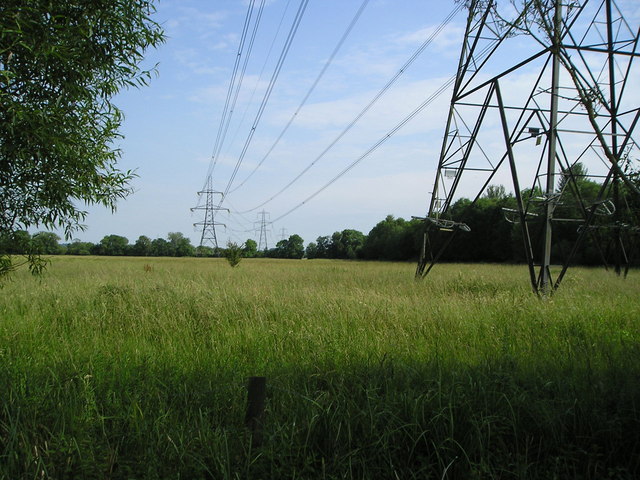Articles with tag “Electricity”
Beyond Local Energy: Delivering Public Power
Rhetorically, Labour has fully committed itself to fighting climate change and recognises that public ownership of energy will be vital in doing so. However, as yet they do not have a practical plan for achieving this. As I have explained previously, Labour’s policy proposals on green energy and climate ...
Labour’s Energy Plans: Technically Questionable, Politically Vacuous
During last year’s conference, the Labour Party made headlines with its seemingly bold promises on energy and climate change. These included a massive build-out of wind turbines, solar panels, and a housing retrofit programme. We were promised that these pledges would be elaborated on in a report to be ...
Ownership and Markets in Energy
One of the most popular elements of Labour’s 2017 manifesto was the pledge to return energy to public ownership. At last year’s conference John McDonnell said “Rail, water, energy, Royal Mail—we’re taking them back”. This makes it sound like he’s pledging to renationalise energy, but examining Labour’s manifesto policies it quickly becomes clear that he is either being deliberately misleading or displaying a stunning lack of understanding of how the energy sector functions in this country. The fragmented energy system Labour propose would fail to address the key problems with privatisation as it would leave the electricity market in place.
A 21st Century Energy Policy, Part 4: The Institutions to Make it Happen
As discussed in Part 3, transition to a low-carbon economy is a massive task which will require extensive government intervention. A great deal of work will be needed to develop the capacities for the state to make such investments and the proposals made thus far by Jeremy Corbyn are wholly inadequate. What is needed is a nationalised, vertically integrated electricity sector.

